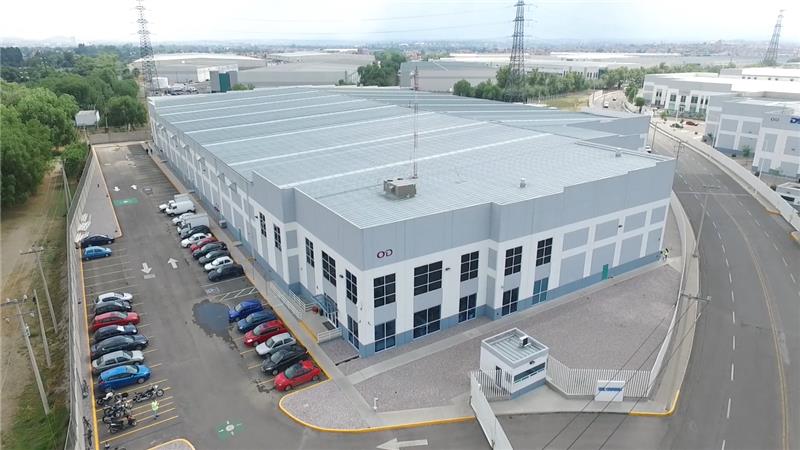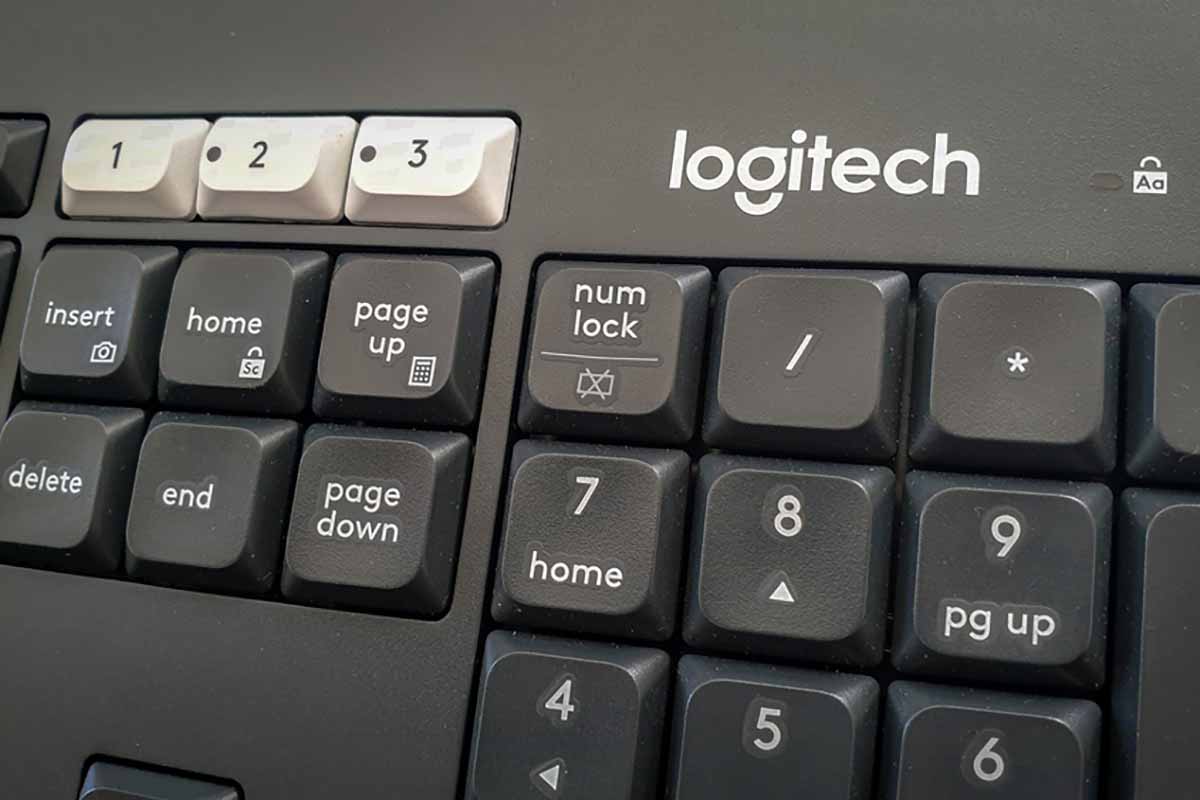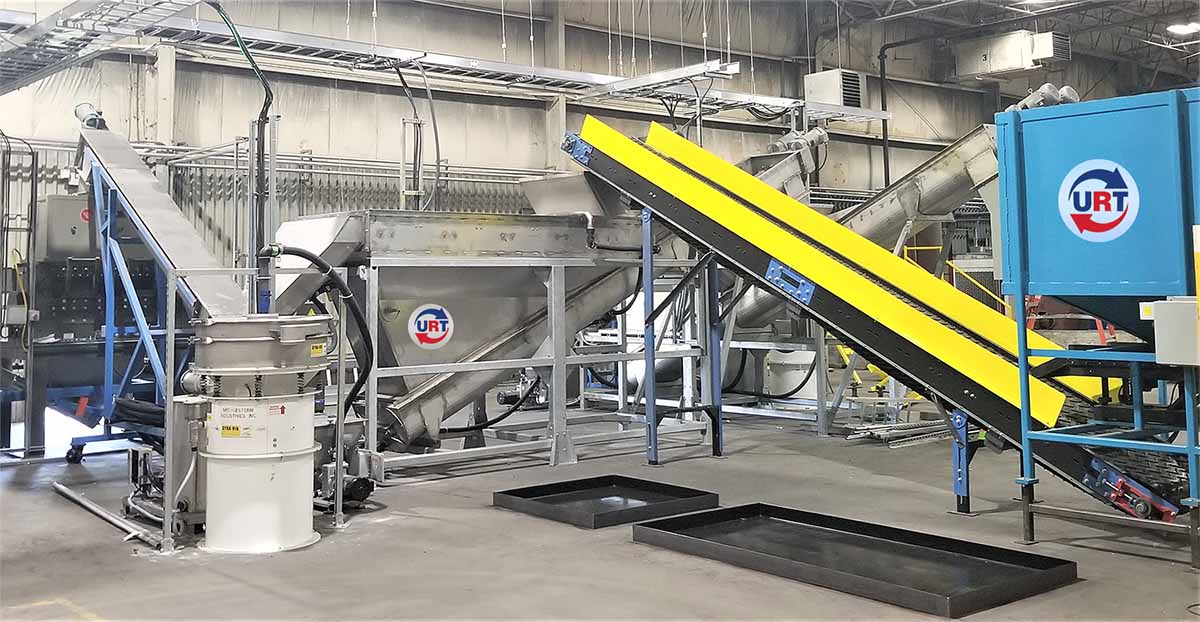
California officials are testing a variety of electronic devices to measure the concentrations of metals and compare them to the thresholds listed in the California Code of Regulations. | Sorbis/Shutterstock
E-scrap processors in California could get paid by the state to recycle additional types of electronic devices, depending on the outcome of toxicity testing by officials.








